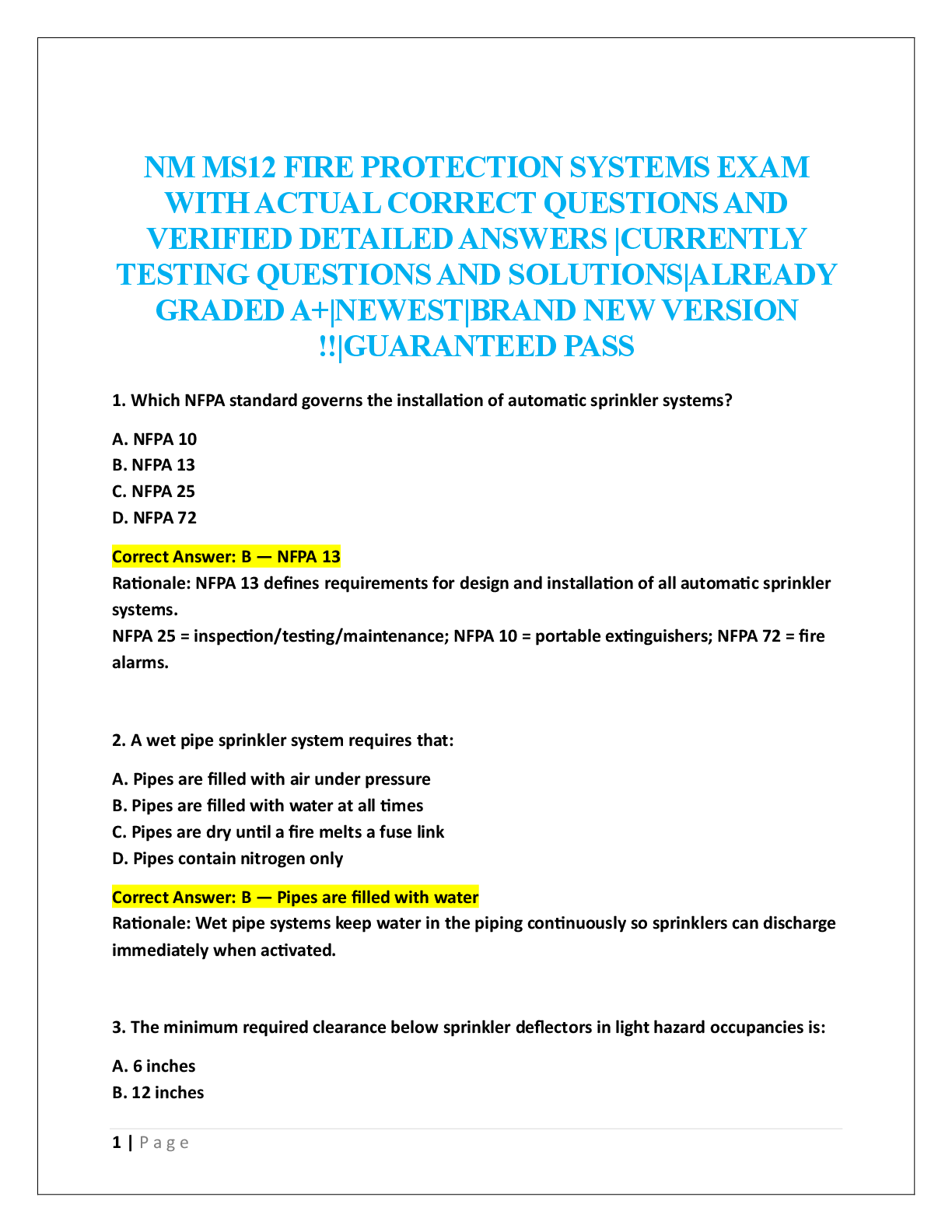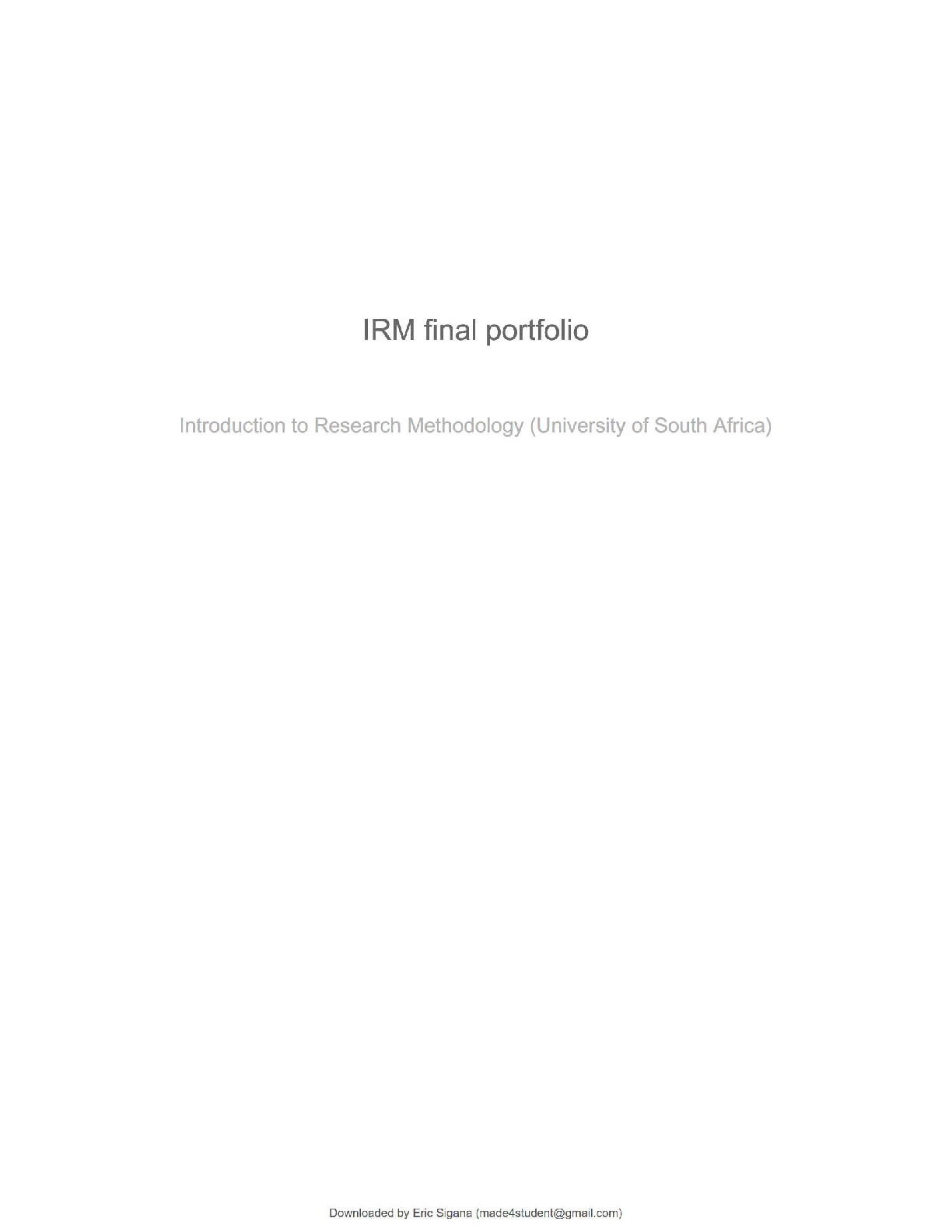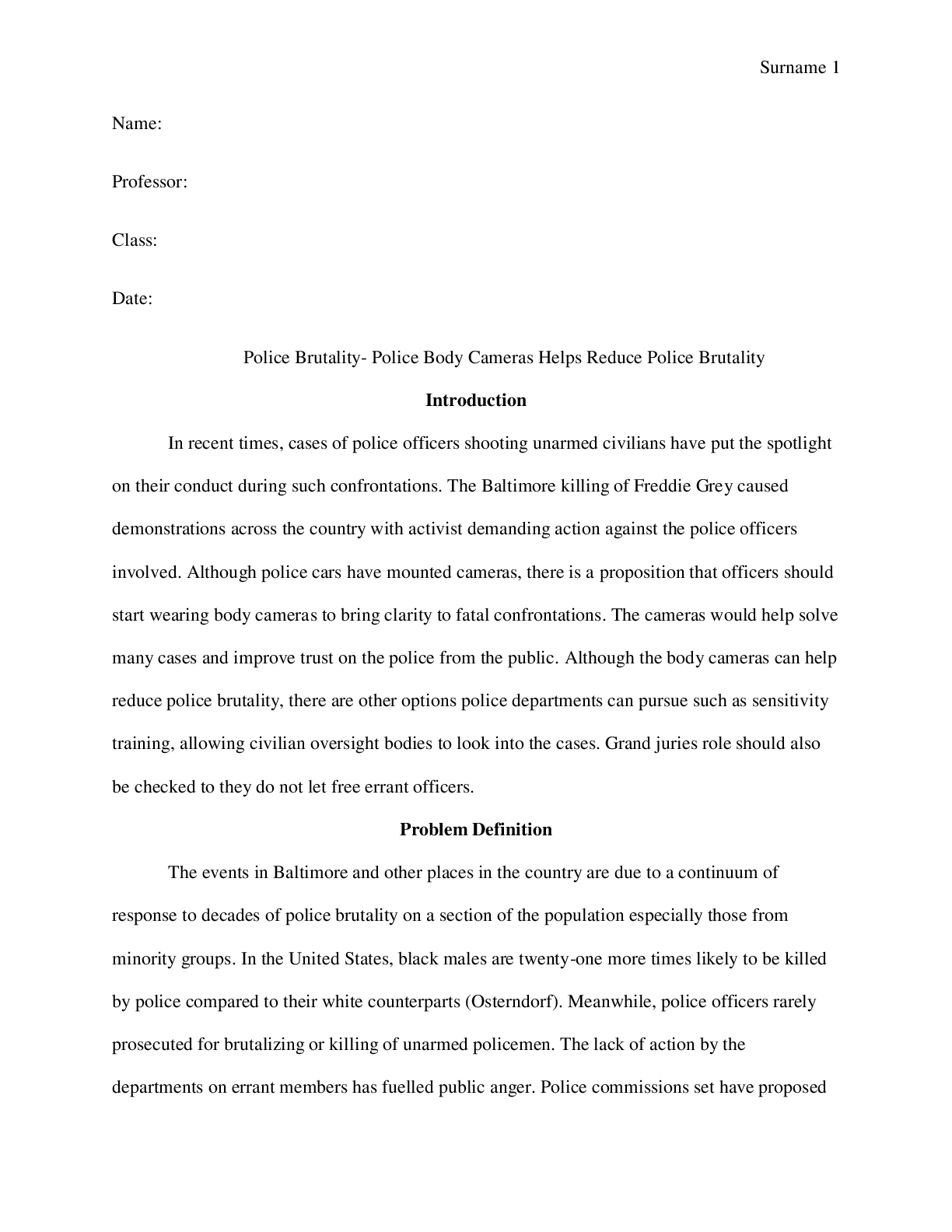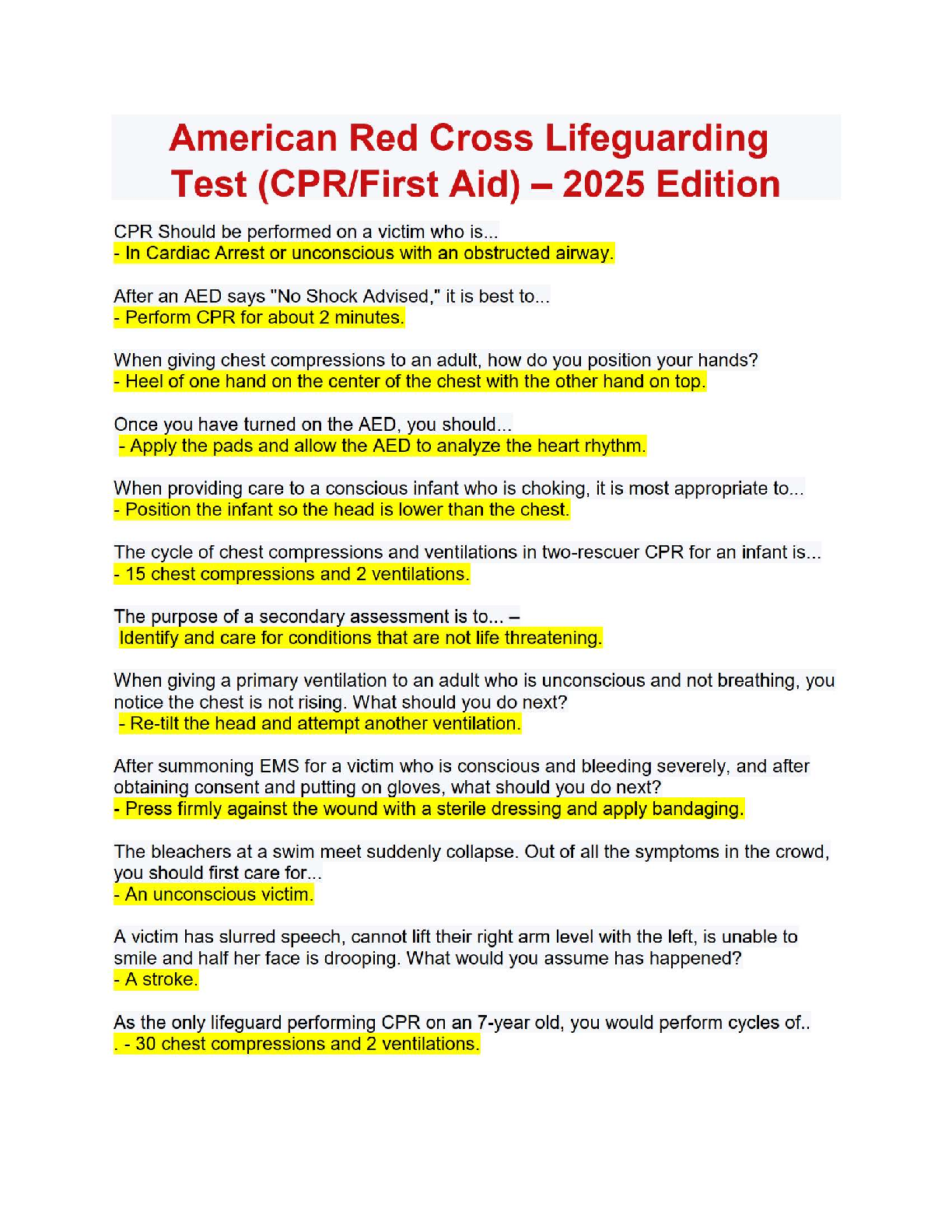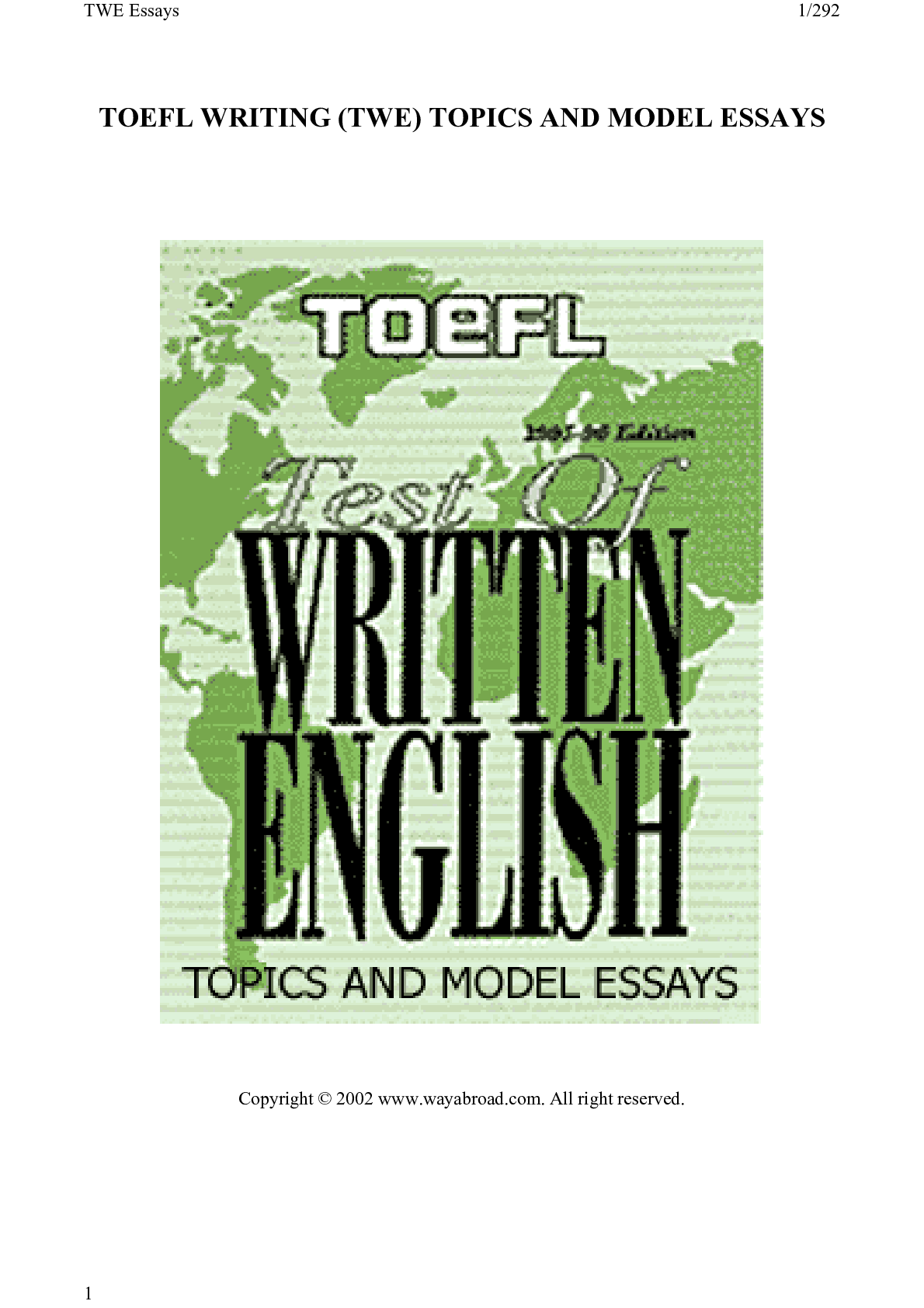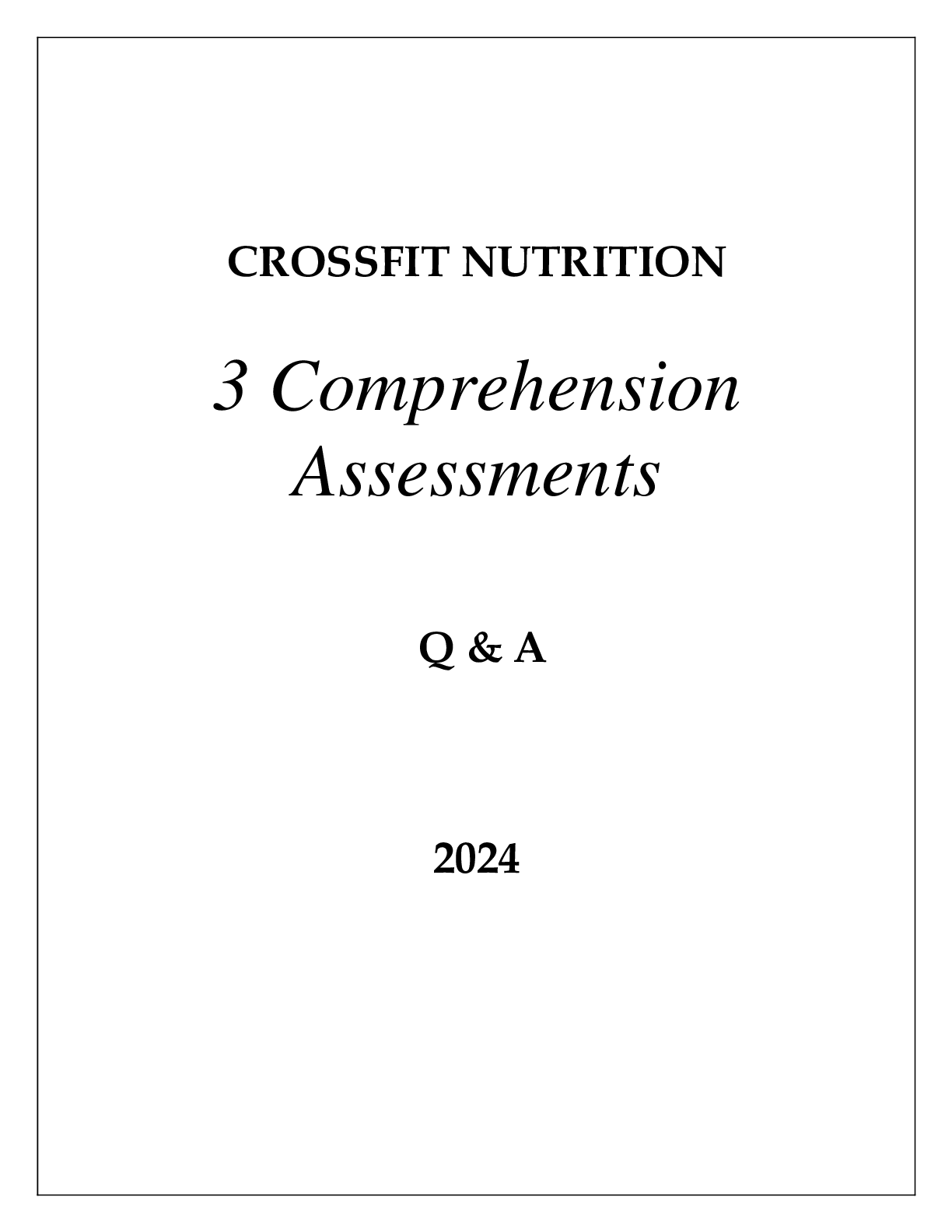Dialectic Essay - University of North Carolina, Charlotte MKTG 3110
Document Content and Description Below
Dropping of the Atomic Bombs on Hiroshima and Nagasaki: Just or Unjust The atomic bombings of Hiroshima and Nagasaki marked the end of World War II, making the United States the only nation to deto ... nate an atomic bomb against an enemy in warfare. The first of these bombs, nicknamed “Little Boy” was dropped on the city of Hiroshima on August 6th, 1945. This bomb immediately killed 80,000 people and tens of thousands would later die to radiation exposure. The second bomb, nicknamed “Fat Man” was dropped on the city of Nagasaki three days later, and killed an estimated 40,000 people. After the second bomb was dropped, the Japanese Emperor, Hirohito, announced his country’s surrender four days later, thereby ending World War II (Soos). The bombings of Hiroshima and Nagasaki were at the hands of the joint forces of the American, British, and Canadian nuclear programs, known at the Manhattan Project. After the bombs were dropped, the Truman administration never looked back and questioned the use of the atomic bombs against Japan. After the surprise attack on Hawaii at Pearl Harbor in December of 1941, the American’s yearned for revenge, eventually leading to the sole detonations of nuclear bombs against an enemy in warfare – Hiroshima and Nagasaki (Carter). The significance of the bombings, was that while atomic bombs were successfully tested at the time of World War II, it was unprecedented to use a bomb against an enemy in warfare. The impact of the bombs altered the world of combat forever, with an ability to obliterate entire 2 Ramani cities, killing hundreds of thousands of civilians. Now the question remains, were the bombings of Hiroshima and Nagasaki justified, and were they necessary in putting an end to World War II? Many historians, such as Naji Dahi believe that the bombings of Hiroshima and Nagasaki were completely unnecessary from both a militaristic and ethical point of view. Whereas, other historians, such as Former Deputy Assistant Secretary of Defense for Strategy and Force Development, Elbridge A. Colby states that the bombings were terrible but justified, and were necessary to putting an end to war. Overall, there are many arguments surrounding the justifications of the bombings of Hiroshima and Nagasaki, but the two contrasting arguments that will be analyzed are those of Naji Dahi and Elbridge A. Colby. The first author is Naji Dahi who is professor in the Political Science Department at Fullerton College. He has been teaching for 20 years, and got his Masters and PHD at the University of Southern California studying comparative politics, international relations, and American government. Dahi refutes the claim that the bombings of Hiroshima and Nagasaki were necessary to end the war, saying that the bombs were unnecessary from a militaristic and ehthical point of view, citing military generals and politicians to strengthen his argument. The first point that Dahi makes is against the Senate’s resolution that was drafted 20 years ago during the 50th anniversary of the bombings, which stated that the Enola Gay, which was the plane that dropped the first bomb on Hiroshima, “was momentous in helping to bring World War II to a merciful end, which resulted in saving lives of Americans and Japanese” (Dahi). Dahi rejects these claims and states that the Senate’s statement that the bomb saved American lives are not true. He then goes on to say that during the planning of the dropping of the bombs, President Truman consulted a panel of experts on the number of American soldiers that would be killed if the U.S. launched an invasion on the Japanese Islands. Despite the claim that the bombs saved 3 Ramani American and Japanese lives, Dahi emphasizes that the number of lives that were lost were factored into the planning of the dropping of the bombs on Hiroshima and Nagasaki (Dahi). In addition to rejecting the Senate’s claim that the bombs would in fact save more lives, Dahi argues that the bombs were unnecessary from a militaristic standpoint. He states that America’s leading generals at the time of the war were clear in their concerns before and after the droppings of the bombs. Specifically, General Eisenhower, Supreme Commander of the Allied Forces in Western Europe, was one of the generals quoted who publicly voiced his concerns surrounding the dropping of the atomic bombs (Dahi). Eisenhower stated that “I had been conscious of a feeling of depression and so I voiced to him [Secretary of War Henry L. Stimson] my grave misgivings, first on the basis of my belief that Japan was already defeated and that dropping the bomb was completely unnecessary, and second because I thought that our country should avoid shocking world opinion by the use of a weapon whose employment was, I thought, no longer mandatory as a measure to save American lives. It was my belief that Japan was, at that very moment, seeking some way to surrender with a minimum loss of 'face'”. This shows that during the time of the dec [Show More]
Last updated: 3 years ago
Preview 1 out of 13 pages

Buy this document to get the full access instantly
Instant Download Access after purchase
Buy NowInstant download
We Accept:

Reviews( 0 )
$7.00
Can't find what you want? Try our AI powered Search
Document information
Connected school, study & course
About the document
Uploaded On
Nov 21, 2022
Number of pages
13
Written in
All
Additional information
This document has been written for:
Uploaded
Nov 21, 2022
Downloads
0
Views
111



.png)





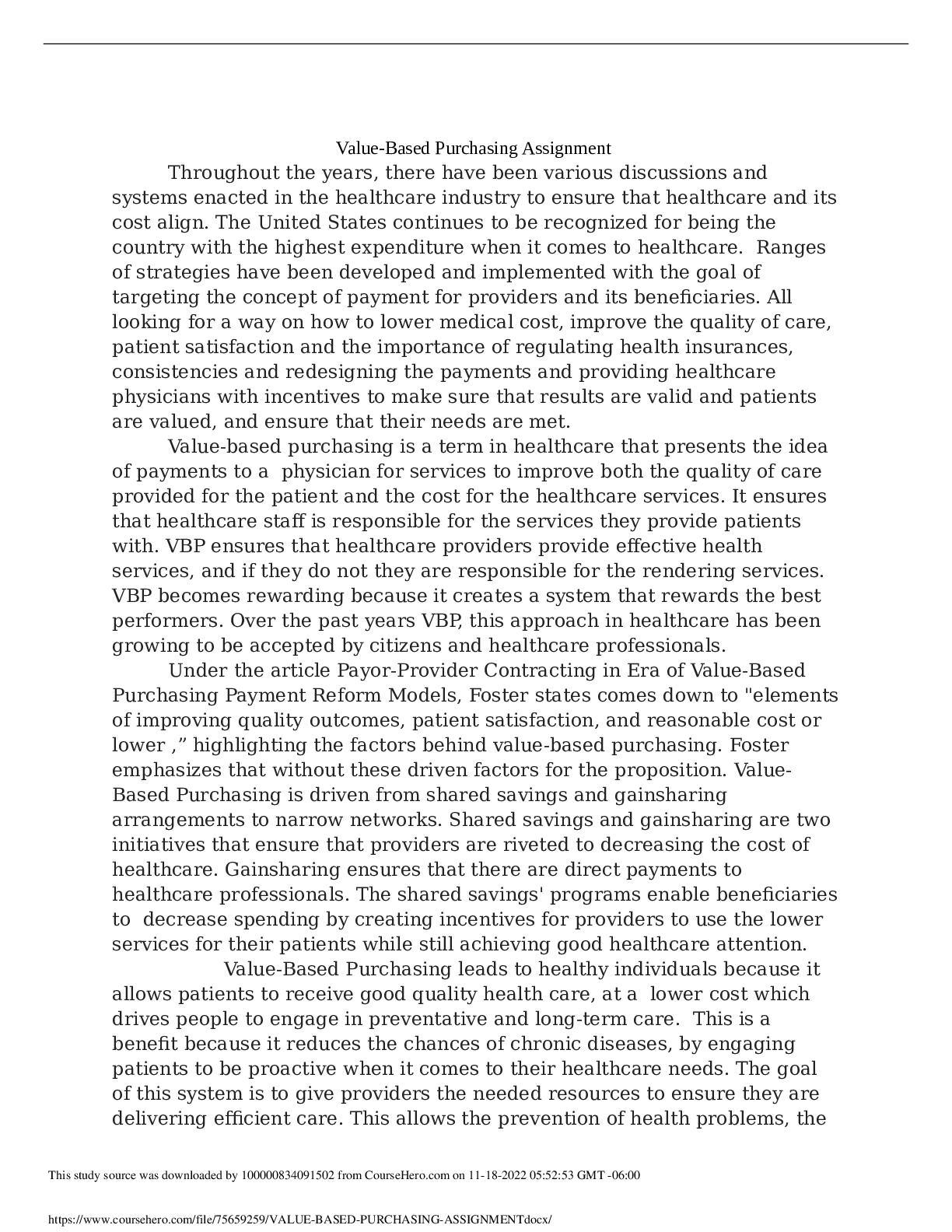
.png)
.png)
